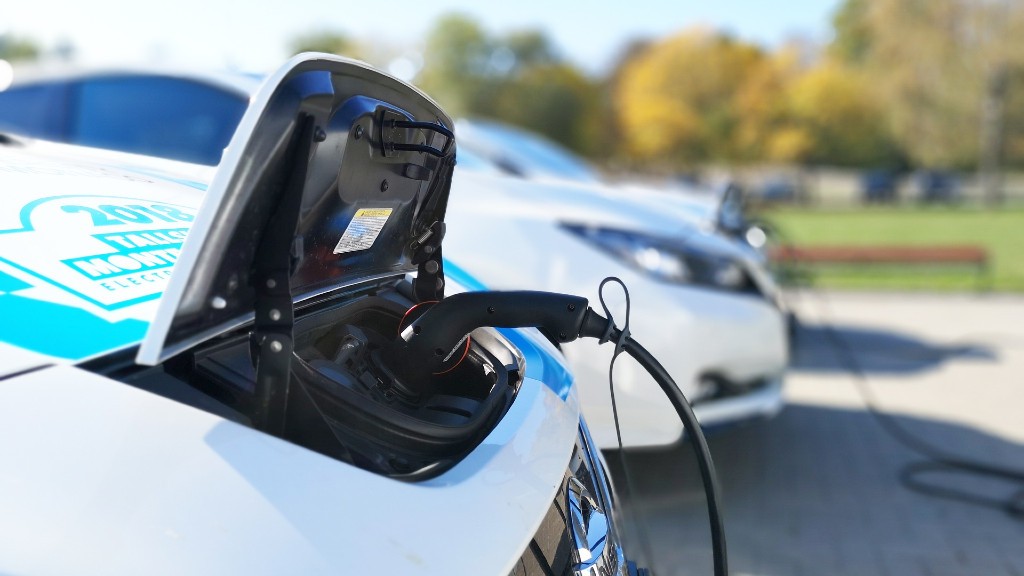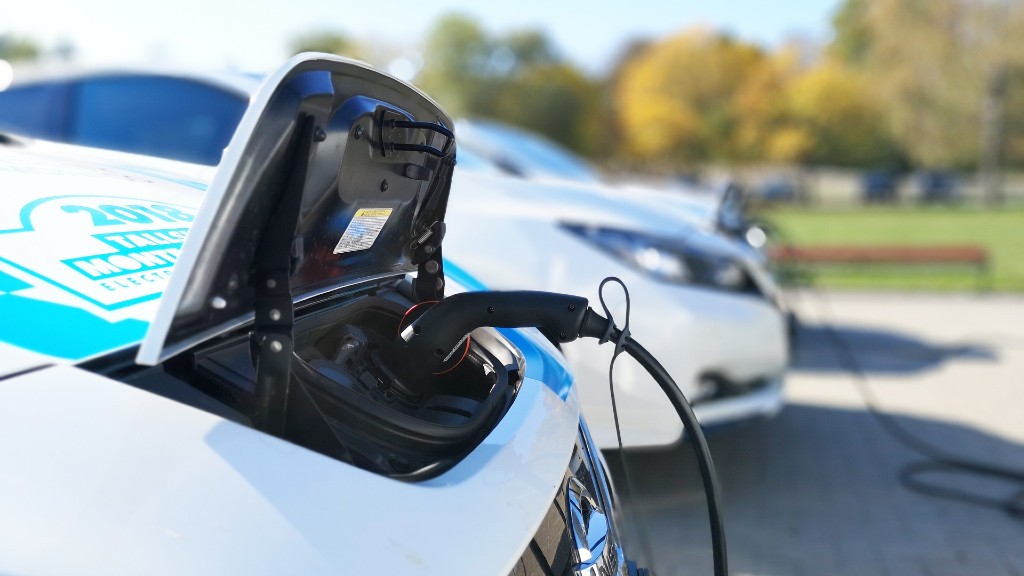
Electra Battery Materials Corporation has launched a demonstration plant designed to recover and recycle high-value elements found in lithium-ion batteries like nickel, cobalt, lithium, copper, and graphite at its refinery complex north of Toronto.
"The launch of our black mass recycling demonstration plant caps a year filled with a number of significant achievements for Electra," says Trent Mell, Electra's CEO. "With the outlook for electric vehicle adoption in North America becoming increasingly bullish as a result of the recent passage of the U.S. Inflation Reduction Act and the considerable investments made by automotive companies to electrify their fleet, the need for a domestic supply of battery-grade materials supply whether through primary refining or recycling processes becomes critical."
Electra will process up to 75 tonnes of black mass material in a batch mode using its hydrometallurgical process in the demonstration plant. Electra expects to complete the demonstration plant in Q1 2023. When the demonstration plant is completed, Electra will assess whether to continue processing black mass throughout 2023 with material supplied by partners or from third parties.
In advance of the launch of the black mass demonstration plant, Electra completed process development and engineering on recycling black mass material. Electra previously sourced black mass samples from suppliers in North America, Europe, and Asia; studied the feed characteristics; and developed a hydrometallurgical process to recover contained lithium, nickel, cobalt, manganese, copper, and graphite. The test work was conducted using the facilities of SGS Labs in Lakefield, Ontario, and engineering was completed using the combined resources of Electra technical personnel, process design engineers of Hatch Associates, and mechanical and electrical engineering support by Bestech.
"Consistent with our timelines, our project team has done an excellent job in preparing what will be the first of its kind facility in North America to recover critical metals contained in end-of-life electric vehicle and other lithium-ion batteries," said Mark Trevisiol, Electra's vice president of project development. "The launch of the black mass demonstration plant is indicative of Electra's metallurgical expertise and potential of our refinery complex to address North America's requirement for battery-grade materials."
Electra's battery recycling strategy is the second of a phased development plan for an integrated battery materials park in Ontario that will recycle lithium batteries, produce cobalt, nickel, and manganese sulphates from primary feeds and before supplying the battery-grade material to third-party cathode precursor manufacturers. In 2023, Electra will commission a North American cobalt sulphate refinery that will have an initial production capacity of 5,000 tonnes of contained cobalt per annum.
Electra's hydrometallurgical process has a low carbon footprint and produces stable non-acid generating residue, thereby reducing environmental impacts while meeting or exceeding water discharge effluent criteria as stipulated by both federal and provincial regulations.
Company info
Bay Adelaide Centre
333 Bay Street, Suite 2400, P.O. Box 20
Toronto, ON
CA, M5H 2T6
Website:
electrabmc.com



